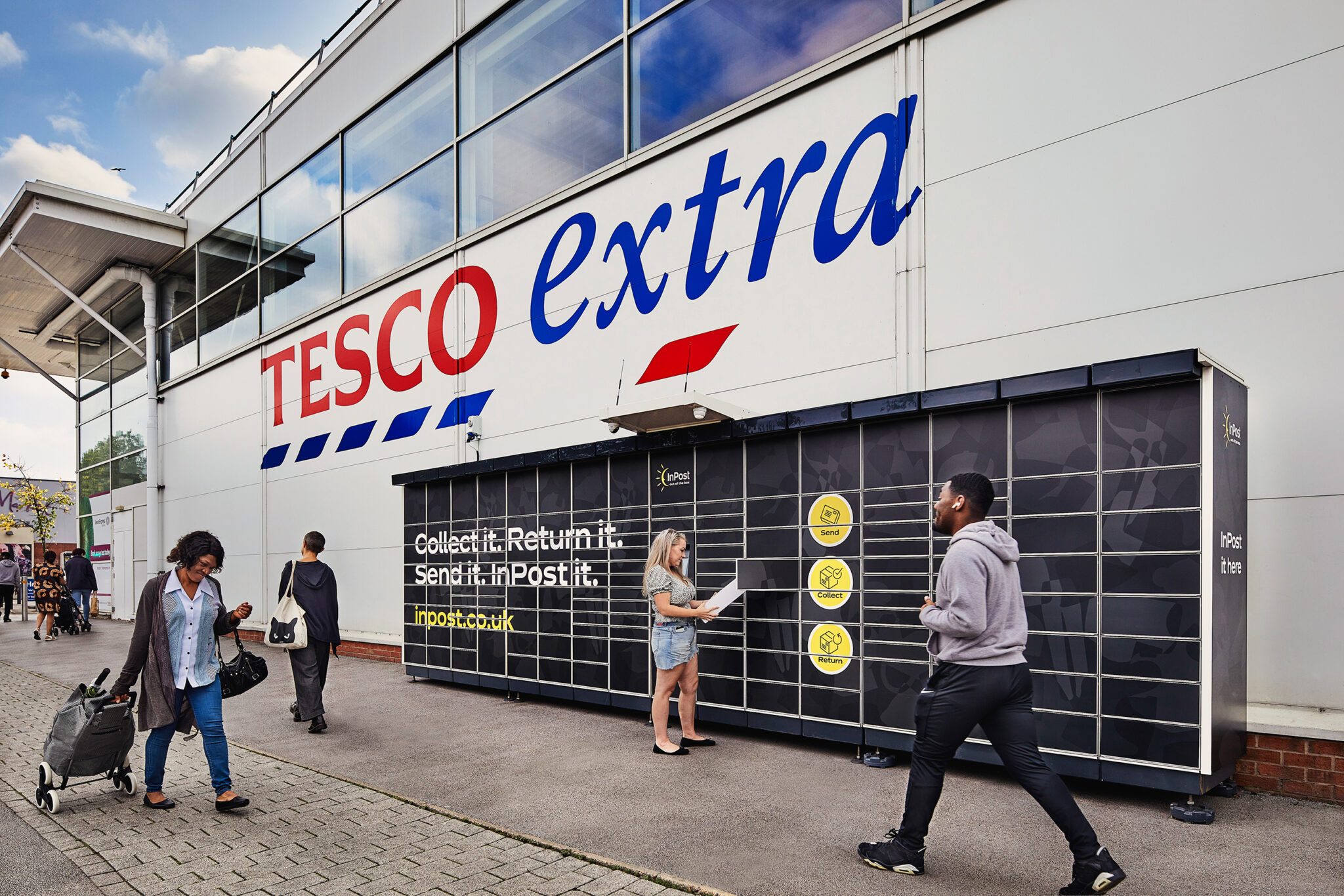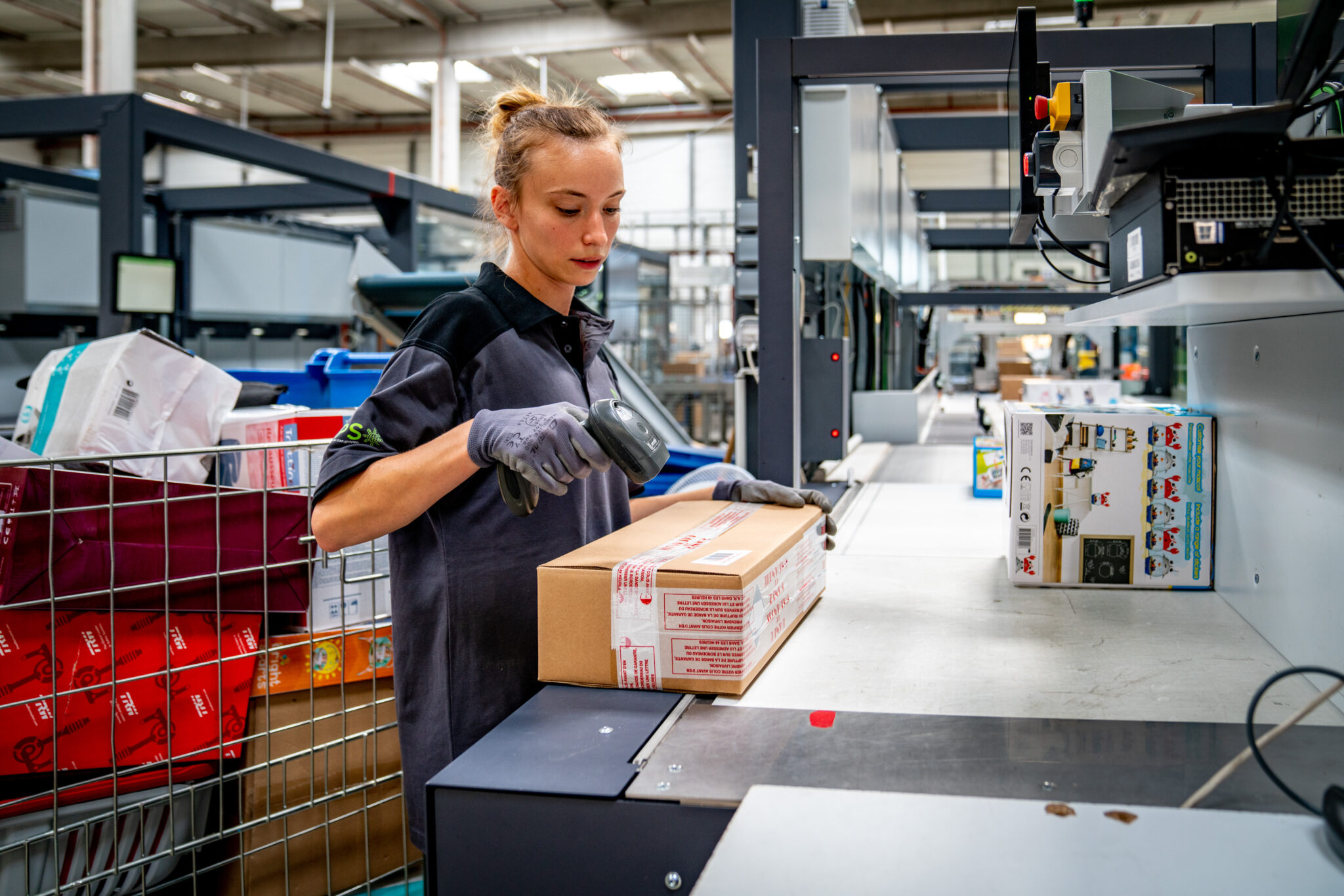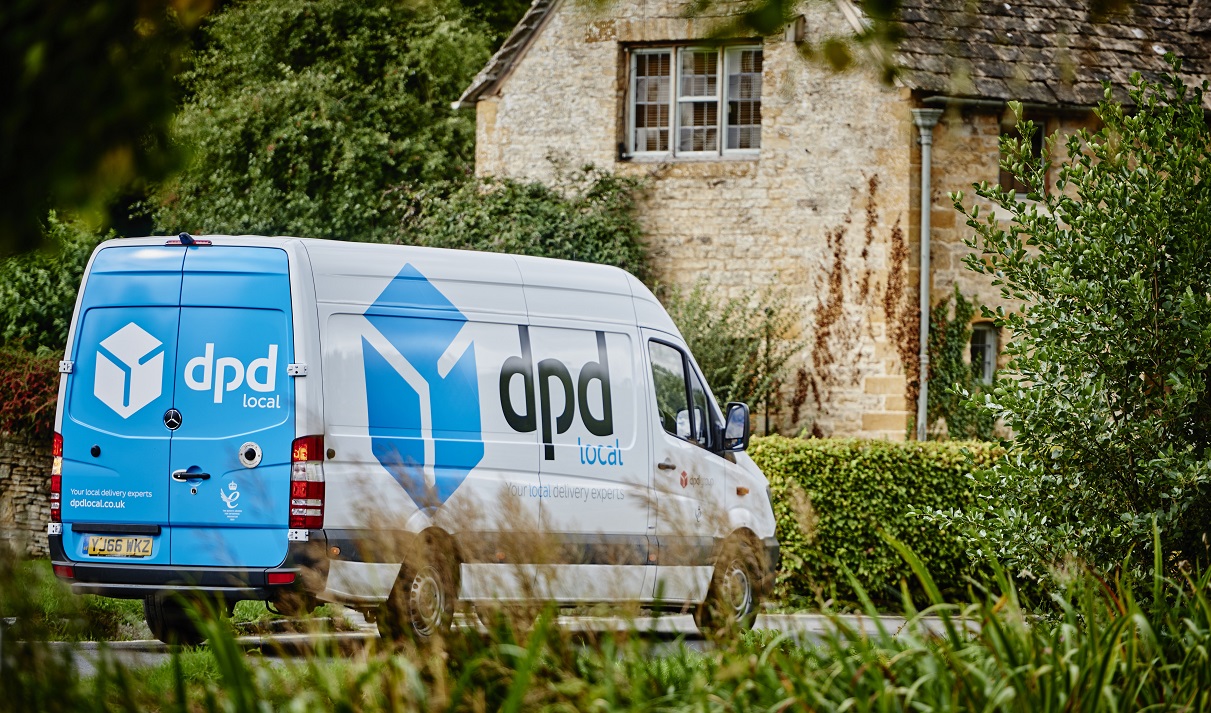The pandemic changed consumer shopping behaviour for good. With physical stores forced to close, many had to adjust to shopping online with speed and convenience key to the experience. Whilst necessity drove this rapid change, retailers had to fight to keep up. Many invested heavily in improving their websites and optimising the online experience, however failed to invest properly into the delivery experience. Perhaps it seemed of lesser importance…
Yet, with the world opening up again and a well-publicised shortage of HGV drivers leading to escalating delivery costs, will this neglect backfire on retailers’ online investment? And do customers perceive the online and home delivery experience as good enough to retain their loyalty now the options are not so limited?
Andrew Tavener, Head of Marketing at Descartes, argues that retailers should not undervalue the importance of the delivery experience. When it comes to customer expectations, the delivery service leaves a lasting impression and can make or break brand loyalty. With spiralling costs and the risk of losing customers to better performing competitors, retailers simply cannot afford not taking ownership of the full, end-to-end experience.
Growth in online sales
Descartes commissioned independent research in July 2021 to assess changes in online buying habits. It was found that 43% of all purchases are now made online, with 51% of European consumers buying online once a week (a huge increase from the 28% pre-pandemic). The growth in online purchasing is stronger in the UK and, looking to the future, UK consumers expect 50% of all purchases to be delivered to their homes in 12 months’ time.
Convenience is key and 50% stated this was the primary driver for its increase and expected continuation. However, whilst 41% believe the ease of buying online has improved, retailers cannot afford to become complacent. Problems with the overall online experience are less likely to be tolerated as economies open back up. Almost half (48%) stated that delivery concerns would affect online buying decisions, including worries that deliveries are not environmentally friendly (19%), can be unreliable (18%), bad delivery experiences (16%) and dissatisfaction with the delivery process (14%).
Retailer perception damaged by the delivery experience
Clearly, the delivery experience is vital to the overall online shopping experience and continued consumer loyalty. Over two thirds (68%) of consumers had an issue with a delivery in the last three months, which led to 24% losing trust in a delivery company and 24% losing trust in the retailer. As over a third share their perception with friends and family, this creates a ripple effect and can dramatically impact repeat purchases and brand perception.
The efficiency of the last mile model is more vital than ever as consumer demand grows at the same time as the well-publicised HGV and van driver shortage. Businesses are finding this a challenge as costs increase with pay rises for drivers, large sign-on incentives and rising fuel prices, whilst customer expectations for their delivery service increase. An inefficient and traditional reliance on managing orders in batches has damaged reputations and left the delivery process wanting. Excessive contingency has also often left drivers waiting in a lay-by to avoid arriving too early or items being left in unsecure locations (18% of UK consumers have experienced this), with neighbours or missed entirely. These lead to an increase in experiences of damaged packages (17%) and a spike in customer service calls, further increasing cost and time expenditure.
As people have become more familiar with online purchasing and the end-to-end experience, their expectations have increased to want what they want, where and when they want it. Any issues that affect this will inevitably drive them to competitors.
In order to maintain the benefits from access to a new marketplace due to the pandemic, retailers need to improve the consistency and quality of the delivery experience. Taking ownership of the delivery process and understanding the demand and delivery capacity is vital to vastly improving the entire end-to-end experience. Through continuous, real-time optimisation of all orders, delivery commitments and available delivery capacity, delivery efficiency and performance can be transformed.
Technology will help retailers make the most of their existing resources by managing drivers’ time effectively and retaining them with an improved working experience. The retailer can use this technology to monitor delivery capacity and existing commitments with new orders to enhance and update the delivery options that are passed to the customer at the point of sales in real-time, gaining the confidence of customers that promises will be met.
Competitive differentiation and environmental gains
Finding a way to make an improved delivery experience a selling point is challenging. However, when done well, retailers will increase sales, improve customer perception and gain new customers. 60% of UK adults consider the environment whilst ordering online, which rises to 88% of those aged under 25 making it an important consideration that will sway consumers, particularly the younger generation.
27% of UK consumers would be interested in bulking orders into a single weekly delivery and 26% are happy for their orders to be delivered when there are multiple deliveries in their area. An option already available to larger marketplaces, this is not so easy to implement in smaller organisations. There is an opportunity, however, for retailers to work together through fulfilment collaboration to optimise delivery models and third parties could leverage real-time capacity optimisation solutions to provide this option in the future.
Electric Vehicles are being used more by delivery companies in a bid to improve environmental credentials but the solution should go beyond the purchase of these. Intelligent route management is essential to ensure the right vehicles are deployed to reflect environmental goals and address the growing costs associated with the UK’s Clear Air Zones. Additionally, continuous background optimisation can match capacity with demand and allocate the correct vehicles to suitable routes for them.
Also, by using real-time information about the fleet, capacity and demand, a retailer has the power to influence buyer behaviour by offering differential pricing to incentivise delivery slots that would be greener or maximise density. This presents many benefits to the retailer, including aiding sustainability, as well as producing a more efficient delivery for both consumer and driver.
Conclusion
Online purchasing is not slowing down and consumers’ confidence in the end-to-end experience of shopping online has increased significantly since the pandemic began. With an increase in the frequency of online orders and deliveries received, consumers’ expectations over the past 18 months have risen as they become more familiar with the service and the quality that can be achieved. As this research shows – with only 16% of UK consumers completely satisfied with the delivery service – retailers must act fast to prevent lost sales or a negative impact on perception.
The lasting impression a customer has of a retailer is the delivery service. Online retailers have enjoyed the benefits from the COVID-19 bounce in building a larger customer base but now need to look to the future. In order to retain and satisfy these new customers, it is key for businesses to ensure a robust end-to-end experience is in place that is both efficient and considerate of the environment.











